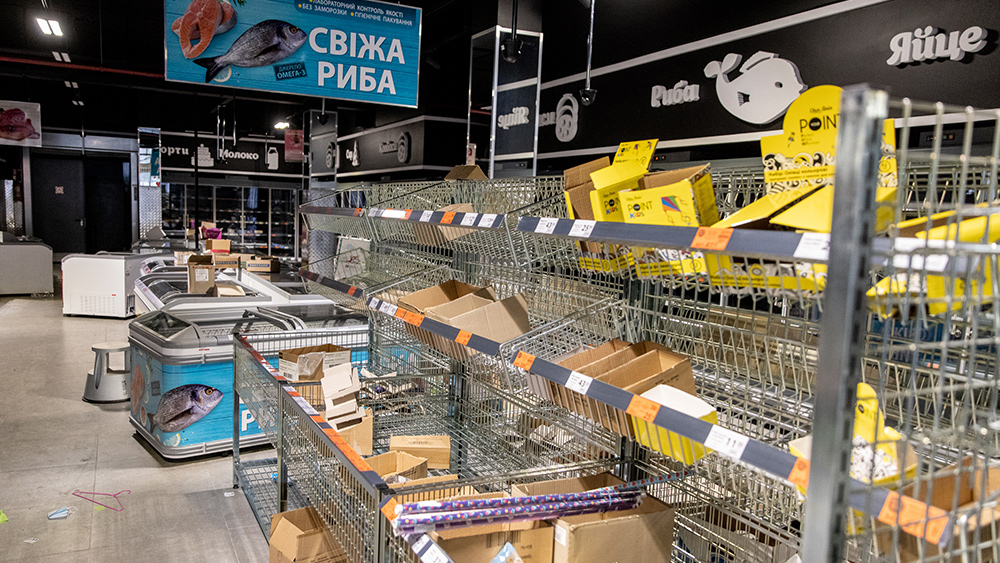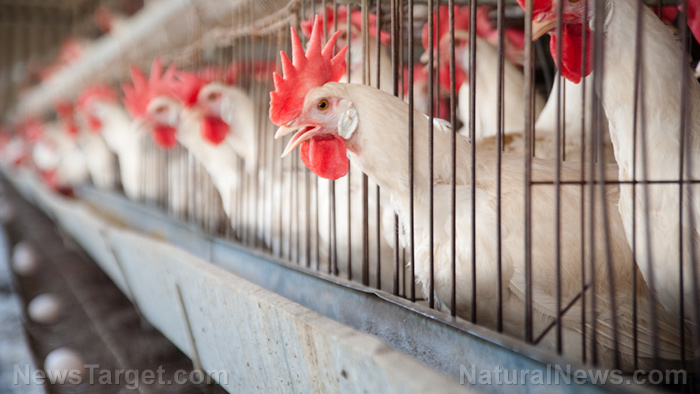U.S. beef industry makes strategic move to counter lab-grown meat with legal definition of “meat”
03/08/2018 / By David Williams

The era of so-called clean meat – artificial meat that was created from cells in a laboratory setting instead of being taken from real, live animals – is almost here. And the world has barely begun to try to keep up. Even the U.S. Cattlemen’s Association (USCA) has taken their sweet time in dealing with the issue. But now they have finally made their first move.
In a newly-filed petition, the USCA has listed off all of their current concerns on clean meat, making it clear that they want the U.S. Department of Agriculture (USDA) to differentiate between conventional meat and artificial ones by putting forth official definitions for either one of them. This is according to a report that covers the 15-page petition, which aims to force people to somehow doubt the viability of lab-grown meat.
According to the report, the USCA urges the USDA to define “beef” thusly:
[The government] should require that any product labeled as “beef” come from cattle that have been born, raised, and harvested in the traditional manner, rather than coming from alternative sources such as a synthetic product from plant, insects, or other non-animal components and any product grown in labs from animal cells.
The group has also asked the Food Safety and Inspection Service (FSIS) to narrow the definition of “meat” is possible to cover only the flesh of animals that have been conventionally harvested. This move is said to be in line with the five main priorities enumerated by the National Cattlemen’s Beef Association, an entirely separate and powerful industry group, which vowed to protect the industry as well as consumers from the perils of fake meat and the potentially misleading labels that might come with them.
Certainly, the groups that currently represent natural meat are within their rights to file their petition and list their wishes. However, not everyone agrees that they are in the right as far as their requests are concerned. The Good Food Institute, a non-profit organization that currently supports and represents companies that offer meat-alternative options, thinks they might have even filed their petition with the wrong agency.
According to Jessica Almy, the policy director at the organization, approving the group’s requests would undoubtedly mess with the state of competition on the market right now. “It seems like they’re trying to meddle in the free market,” she said in a statement to Quartz. Such requests, if granted, could stifle the development of the meat industry as a whole.
In addition, Almy says that it would simply be out-of-line for the government to interfere with the ability of lab-grown meat makers to label their own products as necessary to communicate clearly with consumers. She referred to the clean meat group petition as something that “runs afoul of the First Amendment.” She further added, “In some ways it’s insulting. It’s really clear that it’s commercial speech and it’s a lot like the soy-milk debate. These producers have a First Amendment right to label their products clearly and in a way that consumers can understand.”
Whatever the case may be, it’s likely going to be a long while before lab-grown meat truly becomes available to consumers on the open market. The fact that the conventional meat industry is now working to counteract it just means that it may take even longer to arrive.
Read more about the future of the food industry at Food.news.
Sources include:
USCattlemen.org [PDF]
Submit a correction >>
Tagged Under:
artificial meat, beef, clean meat, food, food cloning, food labeling, food science, grocery, lab meat, lab-grown meat, meat products, regulation, USDA, weird science
This article may contain statements that reflect the opinion of the author
RECENT NEWS & ARTICLES
COPYRIGHT © 2017 GROCERY NEWS





















